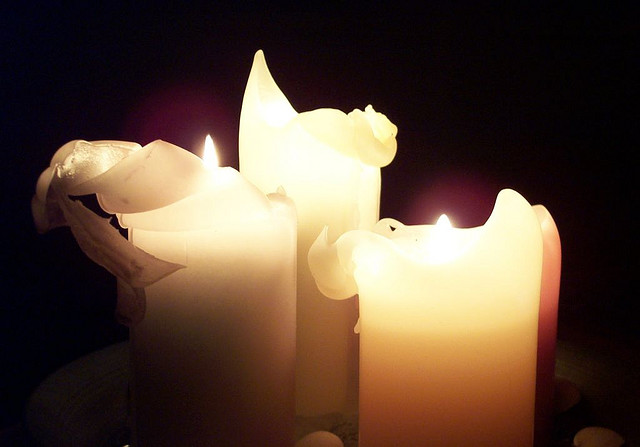 Today is the 13th International Transgender Day of Remembrance: a day of reflection which memorializes, recognizes and honors those who have lost their lives as a direct result of transgender discrimination. It is also a day which serves to remind us of recognizing anyone who represents the transgender community, and to listen and validate the voices of these represented individuals.
Today is the 13th International Transgender Day of Remembrance: a day of reflection which memorializes, recognizes and honors those who have lost their lives as a direct result of transgender discrimination. It is also a day which serves to remind us of recognizing anyone who represents the transgender community, and to listen and validate the voices of these represented individuals.
Even though Transgender Day of Remembrance (TDOR) has been observed for quite some time, it has received very little — if any — mainstream media coverage. As a result, not many people are even aware of this global event. If you were to walk up to someone on the street and mention TDOR, chances are they have never heard of it. As with all other efforts regarding human rights and social justice, this awareness will be picked up by mainstream media with time and consistent activism.
Since I have no personal experience, I don’t feel I am in a position to speak extensively on the topic. Instead, I would like to direct you to the sources and personal perspectives of those who are more qualified to discuss transgender issues: those who live with it themselves, and those who have to face transgender discrimination issues on a daily basis.
International Transgender Day of Remembrance
Semantics, Gender, and ‘Cis’: An Important Message About Vocabulary – Terminology 101 that provides excellent comparisons on ‘othering’ and ‘labeling’ people, including the transgender community.
Intersex Day of Remembrance – This transpired on November 8th, but wanted to include this for you to check out and be educated on as well.
 As a person with a disability, I would like to leave you with this in regards to humanity as a whole —
As a person with a disability, I would like to leave you with this in regards to humanity as a whole —
In the United States and several other nations, tremendous progress has been made to include and accept the gay and lesbian members of our community. But as much as people don’t like to admit, the transgender community continues to face a treacherous road in the fight for equal human rights. This especially applies to transgender individuals representing racial and other minorities. This includes transgender individuals with disabilities.
When did human rights become something we had to fight for? Every one of us, regardless of disability, embodiment, gender, or orientation are entitled to basic human rights. It is unfortunate that those of us who fit outside the social norm have to fight for rights which every human being are entitled to in the first place.
As incidents (reported and unreported) of harm, injury, and death to anyone labeled ‘outsiders’ of heteronormality continue to occur, I question why we have to discriminate in the first place. I simply do not understand why discrimination and prejudice is necessary. Relating to the issue previously addressed in regards to disability and sexuality, some people may discriminate to separate themselves from anything odd or different. Those who practice prejudice may be reassuring themselves that they fit into societal norms of embodiment, appearance and sexuality. As someone pointed out to me in a recent conversation: “Society loves its neat categories, especially binary ones. Including for many attributes which are actually spectrums.”
In order for us to shift the paradigm of perception, we need to rethink social justice outside the normative frameworks. As a reminder to all, let us remember that every one of us are interconnected to each other in the simple fact that we are human beings. How we express and identify ourselves needs to be observed with respect and dignity. Let us treat one another like we would like to be treated.
Image sources: Admean, ALIREZAGRAN